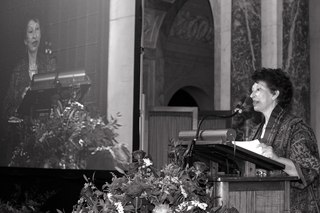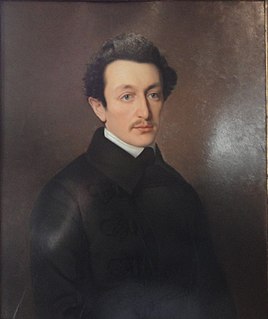A Quote by Carl Jung
In the history of the collective as in the history of the individual, everything depends on the development of consciousness.
Related Quotes
Samadhi is the journey from individual to collective consciousness. The steps of Samadhi are the steps towards reaching the collective consciousness. In meditation, the more we radiate love, compassion, peace, harmony and tranquility, the more is our contribution towards the collective consciousness. The more we positively contribute towards the collective consciousness the more is our progress in Samadhi.
For everything is history: What was said yesterday is history, what was said a minute ago is history. But, above all, one is led to misjudge the present, because only the study of historical development permits the weighing and evaluation of the interrelationships among the components of the present-day society.
Science and Technology revolutionize our lives, but memory, tradition and myth frame our response. Expelled from individual consciousness by the rush of change, history finds its revenge by stamping the collective unconscious with habits, values, expectations, dreams. The dialectic between past and future will continue to form our lives.
Judaism is not a passive religion, but an active life factor which has coalesced
with the national consciousness into one organic whole. It is primarily the
expression of a nationality whose history for thousands of years coincides with
the history of the development of a humanity and the Jews are a nation which,
having once acted as the leaven of the social world, is destined to be resurrected
with the rest of civilized nations.
It is important to note that multiculturalism does not share the postmodernist stance. Its passions are political; its assumptionsempirical; its conception of identities visceral. For it, there is no doubting that history is something that happened and that those happenings have left their mark within our collective consciousness. History for multiculturalists is not a succession of dissolving texts, but a tense tangle of past actions that have reshaped the landscape, distributed the nation's wealth, established boundaries, engendered prejudices, and unleashed energies.
We should emphasize not Negro History, but the Negro in history. What we need is not a history of selected races or nations, but the history of the world, void of national bias, race, hate, and religious prejudice. There should be no indulgence in undue eulogy of the Negro. The case of the Negro is well taken care of when it is shown how he has far influenced the development of civilization.




































